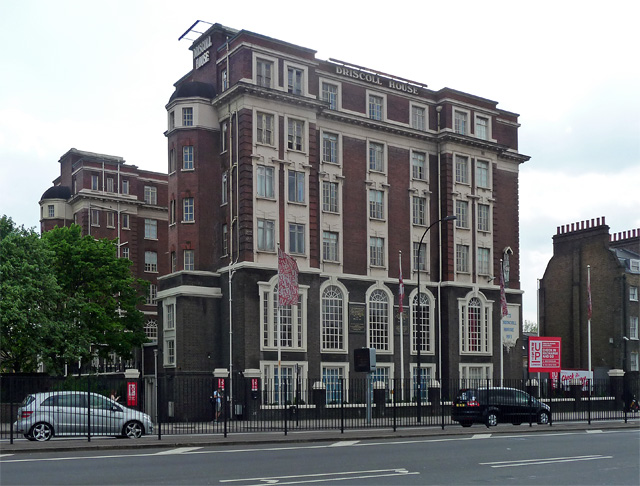
The cost of housing asylum seekers in the UK has dramatically increased from £17,000 to £41,000 per person over the past four years, largely due to the growing reliance on expensive hotel
accommodations, according to a new report from the Institute for Public Policy Research (IPPR). The analysis reveals that while the cost per asylum seeker in the 2019/20 financial year was £17,000 (adjusted for inflation), this has surged to approximately £41,000 by 2023/24.
The report highlights that overall spending on asylum accommodation and support has skyrocketed from £739 million in 2019/20 to an estimated £4.7 billion in 2023/24. This increase is partly due to the significant rise in the number of asylum seekers receiving support, which has more than doubled from 51,000 to 114,000 over the same period.
One of the primary drivers of this increase in costs is the shortage of dispersal accommodation, such as shared housing, council properties, or housing association homes. As a result, the government has turned to using hotel rooms, which cost about £145 per night per person—far more than the £14 spent on dispersal accommodation.
The IPPR also criticized the lack of effective oversight in contracts awarded to private providers of asylum accommodation. The think tank pointed to the "near-oligopoly" of contractors, which has limited the Home Office's ability to manage underperformance effectively.
The rising costs come amid mounting pressure on the Home Office's budget, which has been exceeded repeatedly due to increasing numbers of asylum seekers and delays in processing claims. To cover the overspend, funds have been drawn from the Treasury reserve, with part of the spending on asylum hotels also coming from the UK's aid budget, classified as overseas development assistance (ODA). However, concerns have been raised over whether ODA money is being spent correctly, as it's intended to support asylum seekers only during their first year in the country.
The IPPR is calling for reforms that decentralize control over asylum accommodation and give more power to regional bodies. Dr. Lucy Mort, a senior research fellow at the IPPR, emphasized that the current system is not only costly but also fails to provide adequate living conditions for asylum seekers.
Jon Featonby, chief policy analyst at the Refugee Council, echoed these calls for change, advocating for regional solutions tailored to local needs.
In response, a Home Office spokesperson noted that the government inherited an asylum system under immense pressure, with a large backlog of unprocessed claims, and is now working to restore order. The spokesperson also pointed out that the issues raised in the report stem from previous government policies, and that the current government is working on plans to reduce the backlog and improve the asylum process. Photo by Stephen Richards, Wikimedia commons.




































